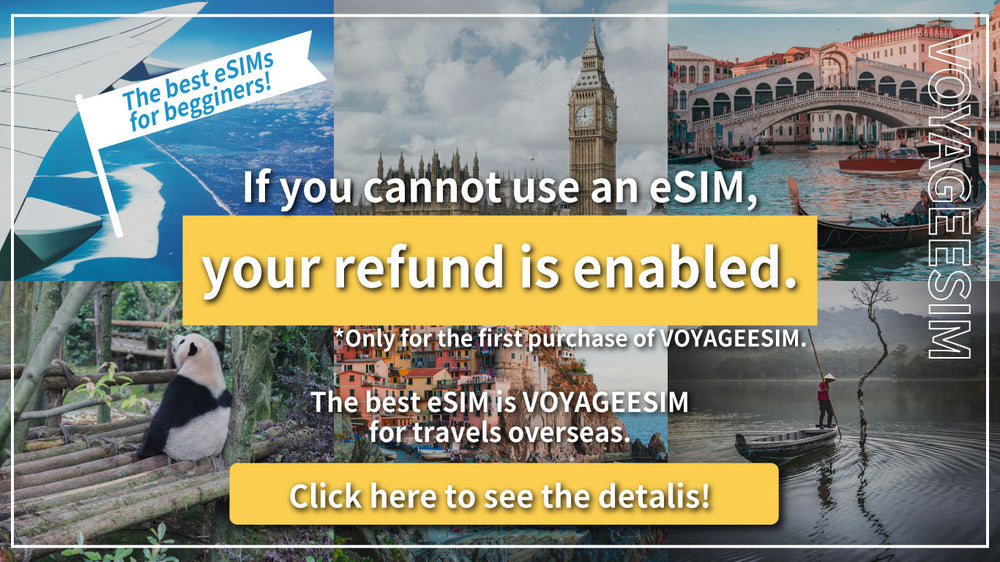"Getting to know Korea" A useful summary of the differences between Japan and Korea when traveling

Korea is close to Japan and is said to have similar daily culture and customs, but what is the truth? In this blog , we interviewed Korean people and summarized the differences in customs at restaurants and public transportation under the theme of "Here are some differences! Japan and Korea". We will introduce the differences in daily culture between Japan and Korea, such as toilet manners and how to use taxis, which are useful to know when traveling to Korea.
1. Restaurants
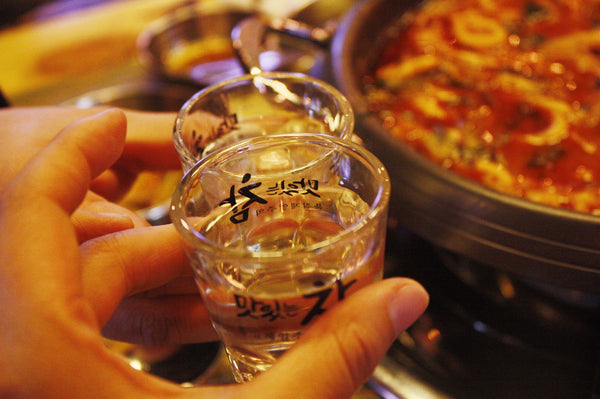
Hide your drinking behavior (drink sideways)
You've probably seen scenes in Korean dramas where actors turn to the side and cover their mouths when drinking! In Korea, when drinking with a boss or someone older than you, it is good manners to turn your body slightly to the side and cover your mouth when drinking. This is an act of showing respect for the other person and is generally accepted in Korean society. You may also see Koreans hitting the bottom of a chamisulbin with their elbow, but when they do this, it actually makes a special sound. Give it a try and see what kind of sound it makes!
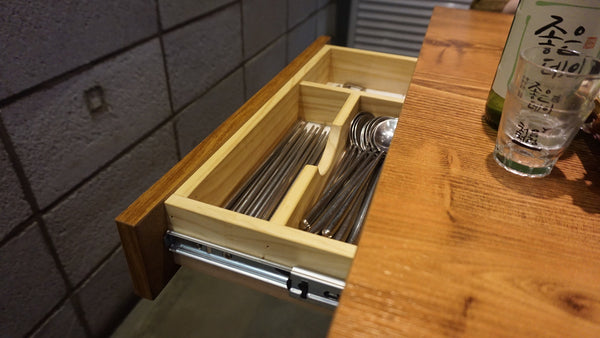
Kim Bal-nyi /CC BY
Placement of chopsticks and spoon
In Korean restaurants, chopsticks and spoons are usually placed in a box on the table, but in some restaurants they may be stored in a drawer next to the table, so if you can't find them, check to see if there is one.
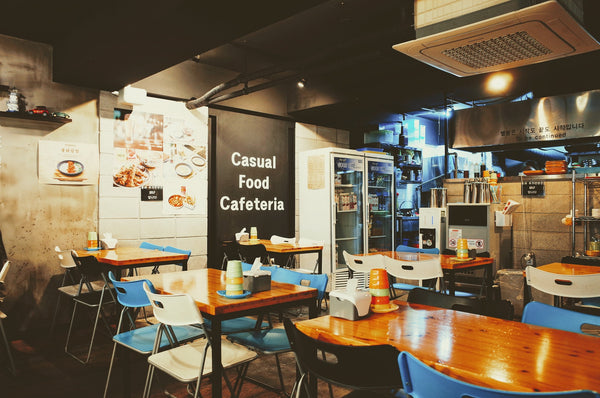
No guidance to seats after entering the restaurant?!
In most Japanese restaurants, when you enter a restaurant, the staff will guide you to a seat, but in Korea, they almost never do this (casual restaurants). When you enter a restaurant in Korea, don't hesitate (lol) and sit at any table you like. Especially in local restaurants, they often don't show you to a seat. Don't worry, the staff will call out to you when you sit down!
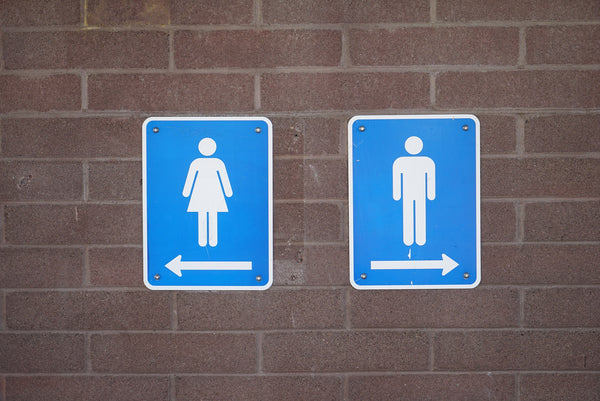
Don't flush toilet paper (there are some cases where this is not okay)
In Korean toilets, you may not be able to flush toilet paper down the toilet to prevent clogging the pipes. In that case, you will have to throw it away in a special trash can. When you enter the toilet, there are usually instructions posted on the wall, so we recommend that you do this in your hotel if possible.
2. Public transport
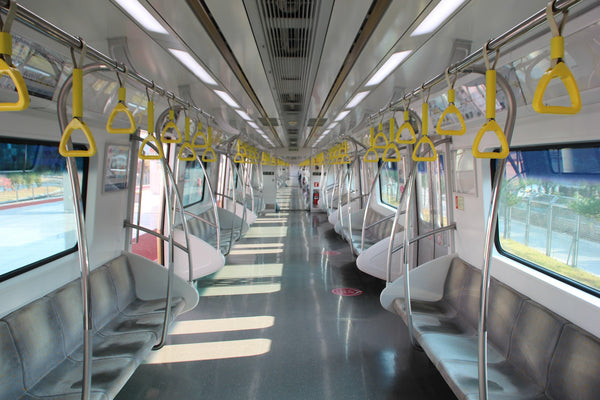
It's okay to talk on your cell phone outside!
In Korea, it is not bad manners to talk on the phone on the train or bus! In particular, VOYAGEE SIM for Korea offers unlimited data communication, so you can share the latest information from the local area with your friends and family in real time even while on the train. However, it is good manners to be mindful of the volume and how you talk, and not to disturb other passengers!
Be careful when you get on the bus!
Public transportation in Korea is convenient, but you should be careful when riding the bus. Drivers' driving style can be aggressive in some areas, which may come as a surprise to first-time passengers. There are many sudden starts and sudden brakes, so always remember to hold on to the handrails when riding. In particular, you may drop your cell phone, so we recommend sitting in a seat if possible. Be sure to know the bus stop you need to get off at and be careful not to miss your stop.
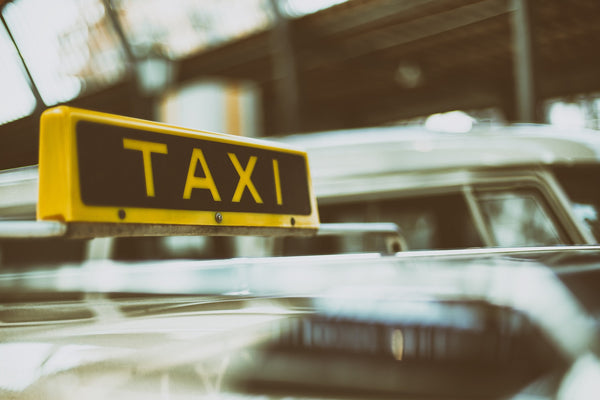
Open the taxi door yourself!
Unlike in Japan, most taxis in Korea do not have automatic doors. Therefore, you need to open the door yourself to get in and out. Also, the fare is calculated by the meter, just like in Japan, and no tipping is necessary. Please see the blog below for a summary of taxi fares in Korea!
[Latest] Taxi fares in Korea are surprisingly common! Summary
3. MBTI
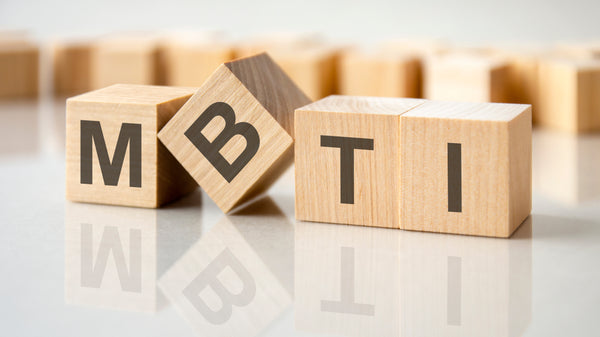
In recent years, MBTI has become very popular in Korea. MBTI is a personality test that divides the whole into 16 personality types. In Korea, this MBTI is used not only as a tool for self-understanding, but also as a communication tool with others. It is used to understand your own and others' behavior in various human relationships such as romance, friendship, and relationships at work, and to facilitate communication. So, check your MBTI on the MBTI diagnosis site below, and when talking to Korean people, try mentioning your MBTI! I'm sure it will make for a great conversation!
summary
Above we have explained the differences in daily culture and customs between Japan and Korea. What do you think? When traveling to Korea, experiencing the above differences for yourself will make your trip more fulfilling. Deepening your understanding of the culture of your destination in advance will make your trip more meaningful and memorable. Please share these surprisingly unknown Korean culture and customs with your community as topics of conversation.
Traveling to a new country can be more exciting if you research the country beforehand. There are many things to look up at your destination, and there will be many occasions when you will need to use your smartphone to search for information. Please consider using VOYAGESIM for Korea , which can be used comfortably in the communication environment of the local Korean carrier KT .



